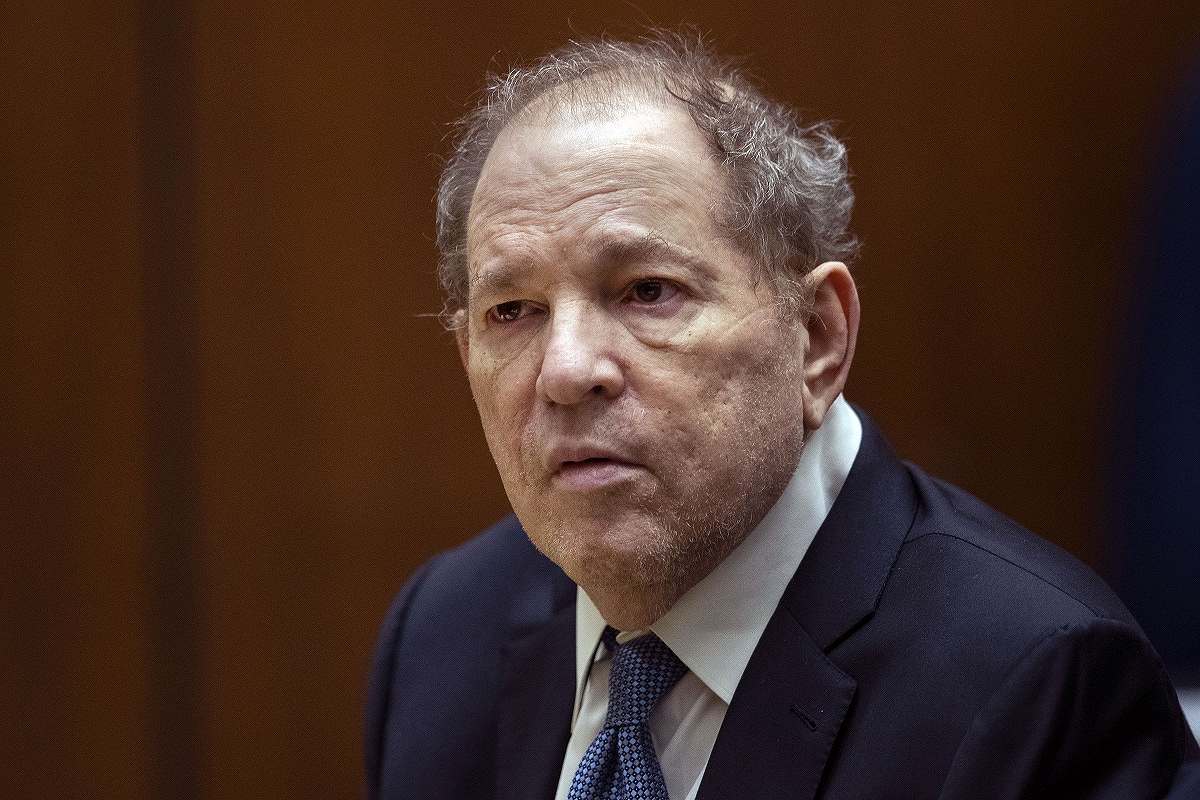New York Appeals Court Overturns Harvey Weinstein's Rape Conviction
The Court of Appeals, in a 4-3 ruling, determined that the trial judge had made a mistake by allowing testimony from women not mentioned in the charges against Weinstein, leading to the order for a new trial.

New York’s highest court made a surprising decision on Thursday by overturning Harvey Weinstein’s 2020 conviction on sex crime charges, a significant development in the #MeToo movement.
The Court of Appeals, in a 4-3 ruling, determined that the trial judge had made a mistake by allowing testimony from women not mentioned in the charges against Weinstein, leading to the order for a new trial.
However, this decision doesn't impact another rape sentence Weinstein received in California in 2022, meaning he will remain imprisoned.
Judge Jenny Rivera, writing for the majority, emphasized the accused's right to be held accountable only for the crimes they are charged with, highlighting that allegations of prior bad acts should not be used to establish a propensity for criminal behavior.
The accusations against Weinstein in 2017 sparked the #MeToo movement, empowering women to speak out against sexual violence in the workplace.
Weinstein, 72, was convicted in a New York court in February 2020 for the rape and sexual assault of Jessica Mann in 2013 and for forcibly performing oral sex on Mimi Haleyi in 2006. He was sentenced to 23 years in prison.
The Silence Breakers, a group of women who reported Weinstein's misconduct, expressed disappointment with the ruling but reaffirmed the validity of their experiences.
Weinstein was also convicted in a Los Angeles court and sentenced to an additional 16 years in prison for raping a woman in a Beverly Hills hotel room.
Despite setbacks like Weinstein's overturned conviction, the #MeToo movement has encouraged countless survivors to come forward, according to #MeToo founder Tarana Burke.
Following his New York conviction, a civil trial awarded $17 million to numerous women who accused Weinstein of abuse.
Weinstein's case mirrors that of comedian Bill Cosby, whose conviction was overturned by Pennsylvania’s supreme court in 2018, citing a denial of a fair trial.
Judge Madeline Singas, who dissented from the ruling, criticized the decision for overlooking the psychological trauma endured by survivors of sexual violence.
The decision to overturn Weinstein's conviction was based on the trial judge's allowance of "Molineux witnesses," who testified about experiences not part of the charges against Weinstein.
Attorney Douglas Wigdor, representing two such witnesses, lamented the decision, stating that it would force victims to endure another trial.
Before the allegations surfaced, Weinstein and his brother Bob were influential figures in Hollywood, co-founding Miramax Films in 1979, which was later sold to Disney in 1993. Their productions, including "Shakespeare in Love," garnered numerous accolades.


